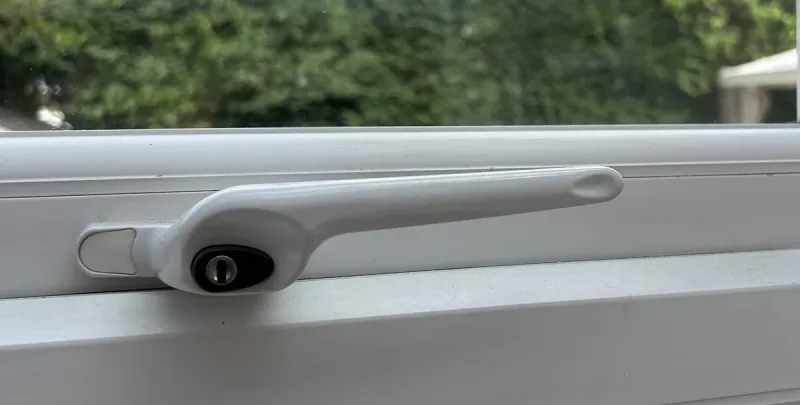Recent losses in the insurance industry, coupled with complaints from policyholders living in floodplains about obtaining cover continued to appear in the media. Yet, with the imminent expiry of the Statement of Principles in July 2013, the insurance industry and the Government have still not resolved the issue of the affordability of home insurance policies for people living in floodplains...
Many people are divided on whether climate change actually exists. However, few would doubt that our weather has becoming more and more extreme over the last few decades. Major climate related catastrophes have been mirrored here in the UK by an increase in the ferocity and frequency of unusual and extreme weather patterns. In the last two winters we had two of the coldest on record. Last summer, we all saw dreadful flooding throughout southern England on our TV screens. This winter it has been the mildest of record. As a result, there has been a huge increase in the quantity and value of weather related insurance claims made by home owners and businesses located in flood zones.
The ongoing negotiations between the insurance industry and the Government have stalled - leaving uncertainty and concern for hundreds of thousands of people who are statistically living in a flood zone. The Statements of Principle drawn up by the Association of British Insurers back in 2008, made it clear that the industry will continue to provide flood insurance cover up to June 2013. Specifically, this cover will only be provided if the annual chance of flooding is less than one in 75. Unfortunately, as more and more homeowners have experienced severe flooding damage, the volume of claims have created huge losses for the insurance industry. Consequently, the large insurers have failed to commit to continue to provide a firm commitment to provide cover for people living in floodplains after June 2013. The likely effect of this will be a huge increase in the value of insurance premiums for people living in flood zones.
The argument from the insurance industry's perspective is that; why should they insure huge volumes of people when they are reasonably certain they will make financial losses. The argument from the Government is that such an enormous volume people cannot be left uninsured while the insurance industry cherry picks just the profitable risks for people not living in flood affected areas. The argument centres around overall profits. Recent Global insurance losses have focused on actuarial calculations and shareholders attitude towards risk. The increasing claims from disasters will mean that the cost of insurance for everybody is bound to rise in the future. If the 'pool of the many' is not big enough to pay for the 'claims of the few', insurance companies may walk away from the negotiation forcing the Government to legislate around the problem. If people buy homes overlooking rivers or the edge of cliffs in coastal areas, it can be easy to argue that these people knew full well there was a higher than average chance that their homes may flood in the future. However, there are huge numbers of less easy to quantify risks. Many homeowners have expressed dismay that the floodplain maps used by insurance companies is simply incorrect - and that their property has never flooded. Many of these people have seen huge increases in their premiums as insurance companies try to recoup their losses. Despite living near rivers or coastal areas, there is huge number of people who are suffering from increases in their premiums, despite the fact they have never made an insurance claim on their homes or business related to flooding.
If the principle of the pool of the many pays for the claims of view is to be upheld, we would hope that the ultimate negotiation results in a win-win situation. On the one hand, it is perfectly reasonable for any commercial insurance company to want to make a decent profit. On the other hand, it seems blatantly hypocritical that just because it's easy to identify loss-making risks by geography, that the principle of pooling can be ignored - leaving so many in such a dire situation. Despite the anti-business sentiment in the UK, it should be noted that the long-term profitability of the insurance industry is vital, if claims of all descriptions or geographies can be paid out. Homeowners, must surely realise when they purchase a property in a high-risk area that is there is a reasonable chance it may flood. Indeed, the ABI's own circular made it clear that builders should point out to homebuyers whether or not a property for sale will be insurable in the present conditions.
While large insurance companies that cover the whole of the UK have a large number of risks spread across wide geographic area, many local brokers do not have this luxury. So for regional insurance brokers with large clusters of risks in flood zones a dangerous commercial outlook may lay ahead. One area where many commentators strongly impressed their opinion upon Government is in the area of house building. It is possible that if negotiations between the insurance industry Government breakdown, part of any legislated program may involve forcing homebuilders to avoid building homes on floodplains. Increases in population and cuts in local authority spending on maintaining local flood defence infrastructure, will also become key issues. There has been an increase amount of flooding from surface groundwater as more and more residential areas are built in the middle of flood zones. Unfortunately, millions of people are proactively choosing to live near coastal and riverside locations to improve their lifestyle.
The Government will also have do take into account wider economic factors. It is highly likely that mortgage providers will turn down mortgage applications where the applicant could not prove they have secured building insurance. This comes at a disastrous time when the cost and availability of credit across all sectors of the economy is being squeezed. Without mortgage finance, the property market will continue to stall and the economic shoots of recovery fade away. For existing homeowners in flood zones, they may see the value of their homes fall - as potential buyers will know that they will not be able to secure their own home contents insurance policy at a reasonable rate. For insurance companies, it is likely that once the SoP expires, they will make changes in their home insurance policy wording. Insurance companies may want to make a condition of the risk that new applicants make building alterations to their homes, to minimise the financial damage caused by flooding. These changes may also include greater excessess and wider number of exclusions in the policy wording.





























